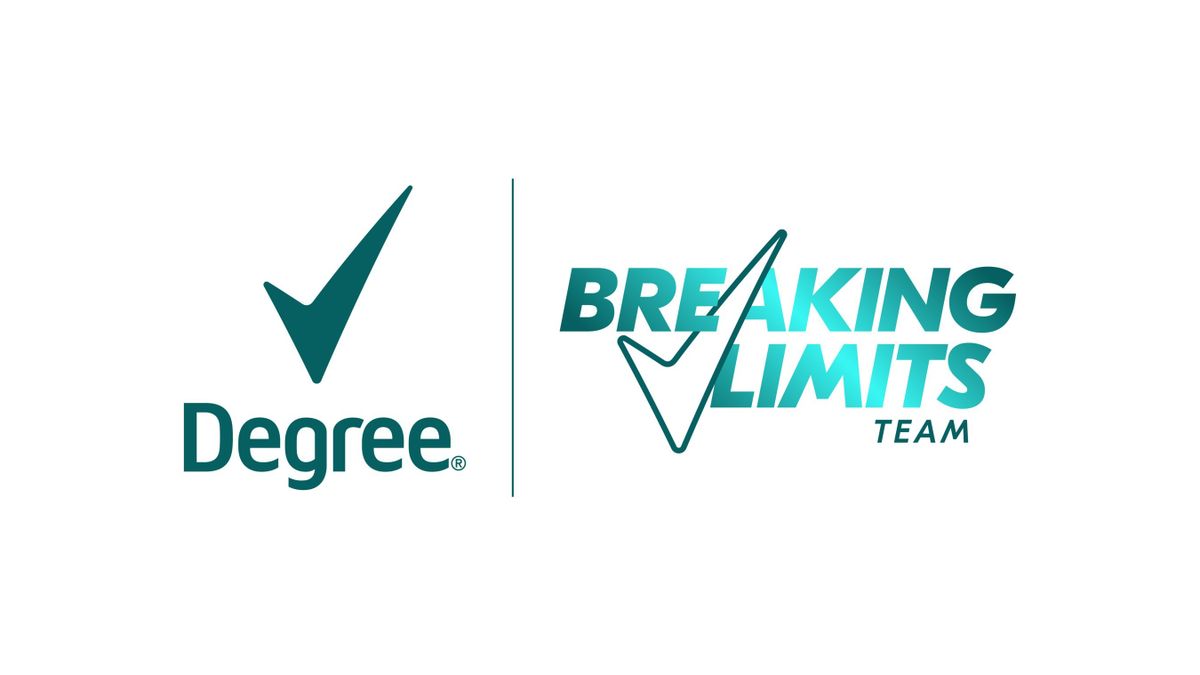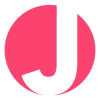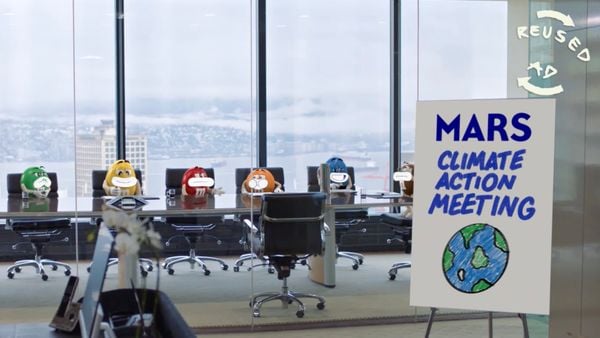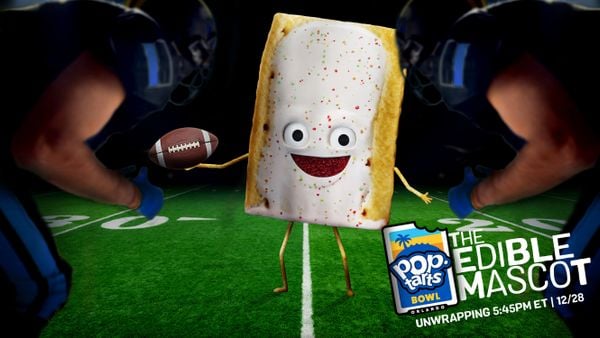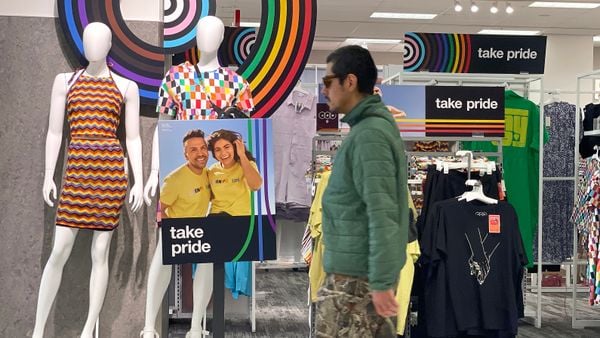Dive Brief:
- Degree is committing more than $5 million over the next five years to its "Breaking Limits" program, an initiative that will see the brand partner with a team of college athletes, per a press release. New rules governing how college athletes can monetize their name, image and likeness (NIL) went into effect today, July 1.
- The partnership includes funding local community projects and content partnerships. "Breaking Limits" will support those who face barriers to being active, providing access to coaches and safe spaces to practice.
- Unilever is working with Opendorse, an athlete marketing platform, to ensure it compliantly contracts with college athletes. As part of Unilever's commitments to inclusion, the company will provide equal compensation to both men's and women's athletes in aggregate.
Dive Insight:
Unilever's Degree became the first brand to test out the NCAA's interim NIL policy, which will remain in place until it creates new rules or federal NIL legislation is passed. As long as they are in compliance with state laws, college athletes can now profit from sponsorships and endorsements, opening a new avenue for marketers who regularly seek to engage with sports and culture.
The development represents the "best new sponsorship opportunity to emerge in the past 20 years," Tony Pace, president of the Marketing Accountability Standards Board, said in emailed comments.
"Highly accomplished and dedicated student athletes who have a genuine affinity for brands or businesses can be great representatives for those enterprises," Pace said via email. "And their stories of determination and triumph can be naturally woven into the messaging about a brand or business in an authentic way that generates attention, engagement and affinity for the sponsoring business or brand."
Such partnerships could help brands engage with consumers who are turned off by the high salaries of professional sports, allowing them to reach audiences that appreciate the "rawness" of college sports, per Adam Holt, senior vice president of sales for sponsorship attribution firm FanAI. Accordingly, the NIL rules could in turn affect brand partnerships with professional sports leagues.
"Undoubtedly, professional sports now need to work harder because brands have more options when it comes to budgets," Holt said in emailed comments. "If you want to sponsor an American football team or player you previously could only go to the NFL or CFL, but now you have access to a plethora of NCAA football teams and athletes."
As with some of its other marketing efforts, Unilever was quick to highlight its purpose-led approach, which will highlight the experiences of a diverse group of athletes from a range of sports, providing equal compensation to men's and women's athletes, in aggregate. The issue of how students of different genders and different sports will be compensated has been an issue in college athletes' fight for NIL rights, a point Unilever is seeking to acknowledge.
"This moment represents a tremendous opportunity to set the precedent for working with college athletes in a meaningful and thoughtful way," Rob Master, vice president of media and digital engagement at Unilever NA, said in the press release. "It's not just about the star players or top draft picks — we want to amplify the voices and stories of athletes across the spectrum of college sports who have dedicated their lives to their sport and inspired others through their stories."
Along with its team of college athletes, the "Breaking Limits" program includes other content partnerships and community projects that will expand the visibility of the initiative. The team will be unveiled on Degree's Instagram page, and additional athletes will be added throughout the year.
Meanwhile, Unilever's partnership with Opendorse will help the brand stay compliant with NIL rules, NCAA guidelines and state laws. The platform serves as a marketplace where brands and fans can browse for athletes to book and manage their NIL activities, streamlining the pitch to payment process "in minutes, not months," per the release.
The purpose-focused "Breaking Limits" program is in line with Unilever's larger work about fighting social inequality, what it maintains is one of the biggest threats to society. It also comes as the marketer flexes a new marketing philosophy, "Get into the frontline," as the company works to "be real, do good and be unmissable" on the frontlines of society.



